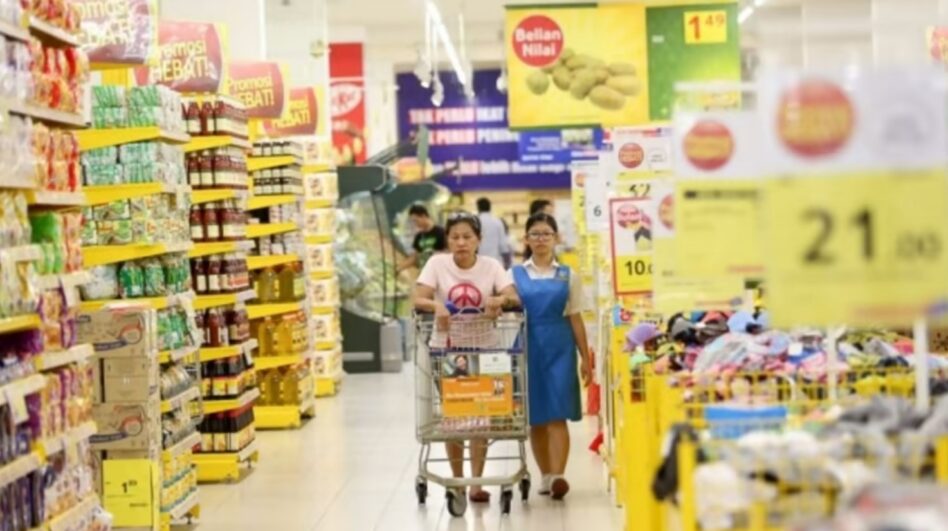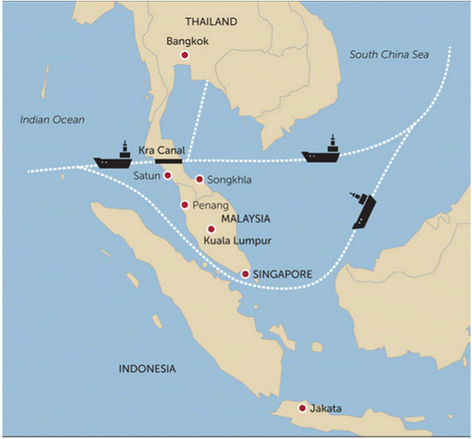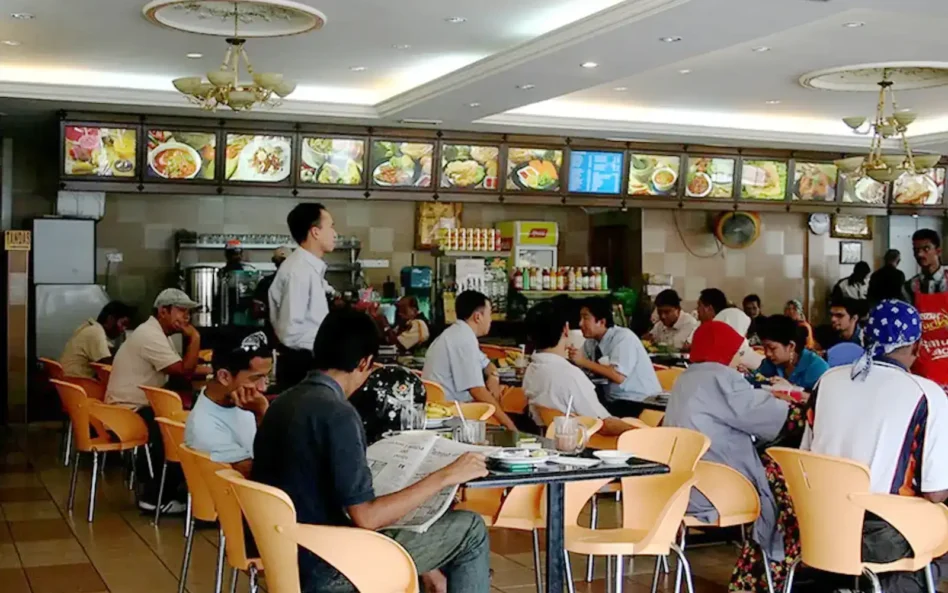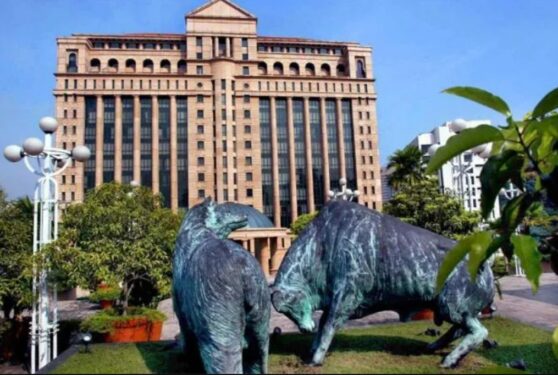THE National Recovery Plan (exit plan) for COVID-19 battle which was announced by Prime Minister Tan Sri Mahiaddin Yassin recently marks a glimmer of hope for Malaysians that life will soon return to normalcy at a reasonable level.
Above all else, the country should now focus on its quest to attract significant foreign direct investment (FDI) into the country.
In order to achieve this, the EU-ASEAN Business Council (EU-ABC) believes that a multi-pronged approach between industries, stakeholders and Government is vital to stamp out illicit trade in Asean that is profiting off the COVID-19 pandemic.
The World Economic Forum (WEF) estimated that over US$2.2 tril (RM9.06 tril) which is about 3% of the global gross domestic product (GDP) were lost due to illicit trade leakages in 2020.
In Malaysia, the illicit trade which is also known as the shadow economy is estimated to be worth about RM300 bil or 21% of the country’s GDP.
Inevitably, the COVID-19 pandemic has caused a spike in illicit trade activities across a multitude of industries.
It has also offered the perfect opportunity for illicit traders to leverage modern e-commerce channels and ineffectively enforced customs procedures to exploit supply chain disruptions.
Strengthening collaboration
According to EU-ABC executive director Chris Humphrey, consumers who knowingly purchase illicit products often do so because it is cheaper than genuine products.

“Of course, this has worsened during the pandemic. Genuine economic activity loses out with high levels of illicit trade,” he told FocusM.
“As a result, it became one of the factors that will hurt FDI prospect in the country. Companies will have less incentive to invest in the country where the rampant illicit activity severely impacts the trademark of the brand owner.”
Humphrey explained that a multi-pronged approach is needed to effectively address the multiple factors that influence the dynamics of illicit trade in a country.
“We welcome the decision by the Malaysian Government to implement some enforcement measures in Budget 2021 which sends a positive signal to foreign investors,” noted Humphrey.
As an industry, he said the European companies have supported capacity-building and intelligence-sharing with law enforcement authorities and stand ready to continue to collaborate with the Government via the Multi-Agency Task Force on Illicit Alcohol and Tobacco.
“Governments and industry leaders will need to work more together to curb illicit trade. There is an opportunity to strengthen private-public sector collaboration, something that the EU-ABC has been attempting to do across the ASEAN region,” suggested Humphrey.
Humphrey added the current disparity between consumer preferences and the price of illicit products in Malaysia provided an opportunity for the Government to review its current fiscal and taxation policies as part of the toolbox of measures.
The excise duty on cigarettes in Malaysia is a good case in point. According to Oxford Economics’ in The Economics of Illicit Tobacco Trade in Malaysia, the excise duty had doubled from RM220 per 1,000 cigarettes in 2012 to RM400 per 1,000 cigarettes in 2018.
In addition, the Malaysian Government enforces a minimum price of RM12 per pack.
“We observe a consistent dynamic in the region between high levels of illicit trade and high taxation rates with unintended consequences to consumers and sellers alike who may be pushed to opt for illicit products,” Humphrey pointed out.
According to the World Health Organisation (WHO), illicit alcohol accounts for about 40% of the total consumption in Malaysia (2018). Meanwhile, the Illicit Cigarettes Study 2020 reported that contraband cigarettes accounted for about 63.8%.
Humphrey also stressed that all these lead to tax revenue losses for the Government and impact Malaysia’s attractiveness as a viable business destination for foreign investors. – June 17, 2021










